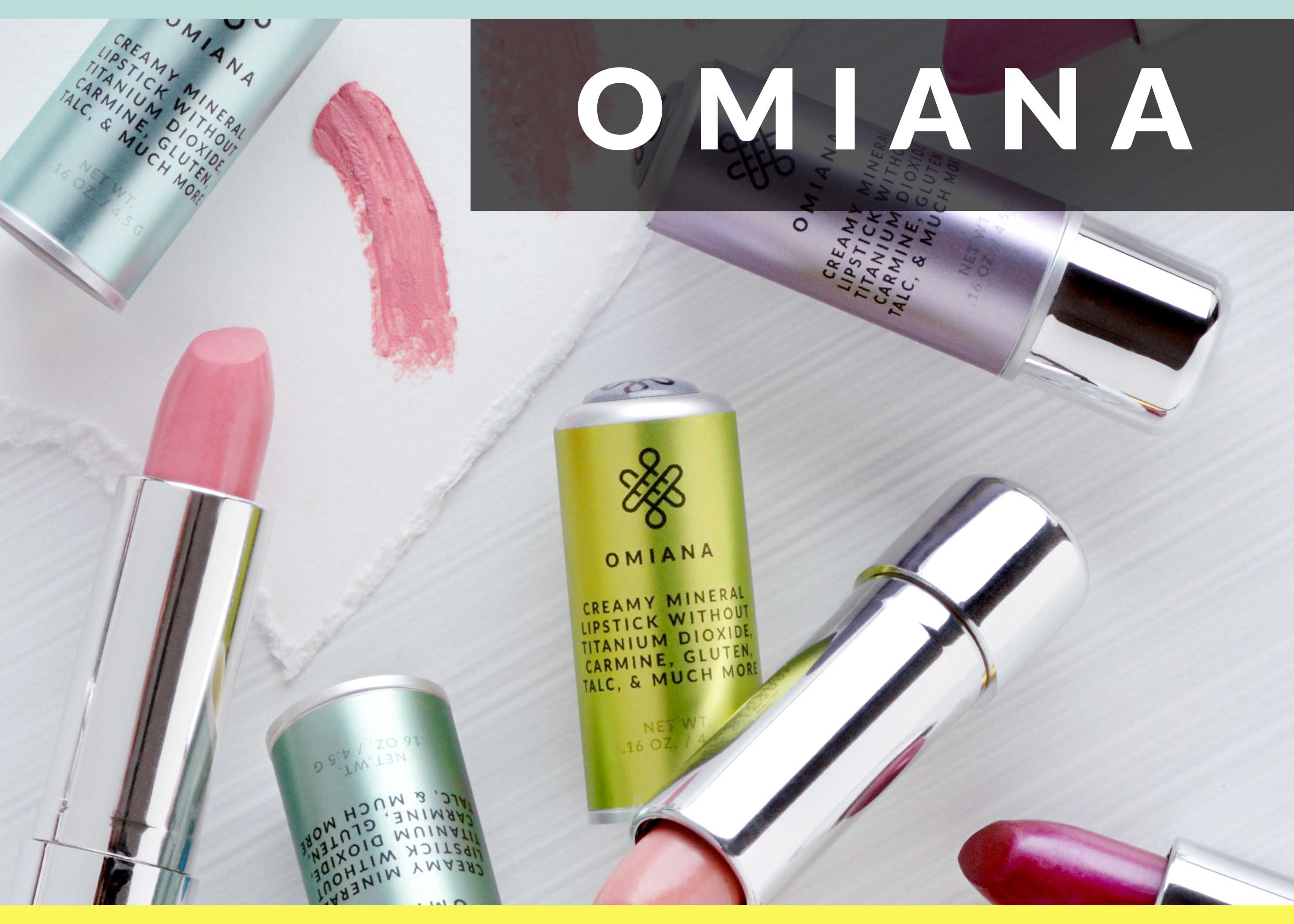Detoxifying our homes, beauty routines, and eating habits obviously has a huge impact on our health and well-being, but what we often don’t take into account is the effect it has on the health and longevity of our pets as well. Our pets inhale our cleaning supplies, lick the floors, kiss our skin, and eat food of often questionable content. Focusing on quality, non-toxic products and natural foods and treats will help your pet live longer and be much healthier!

- Chocolate. We all know chocolate can be deadly for dogs, and it is super important to consider places chocolate can be hiding (like candy bars, cake, and ice cream) so as to keep pets away from it at all costs. Chocolate contains theobromine, which causes severe stomach upset, vomiting, seizures, blood pressure elevation in dogs and cats. So no tasting (no matter how much they beg!), and keep those chocolatey treats covered and in a cabinet where pets can’t get to it.
- Insect Bait Stations. All those little ant and roach houses are full of super toxic poisons. Even though a dog can’t crawl inside, it can chew through the trap and get to the poison nonetheless. Choose a non-toxic, pet-safe alternative if you have a bug problem to control. EcoSmart has some really good products made with plant oils that are safe for pets AND humans!
- Rodenticide. Although there is definitely a valid ethical argument against using rodenticides, some people still choose to use them, which is fine, provided they don’t accidentally poison an unintended animal! There are some organic rodenticides on the market that only target rodents, and are generally harmless to other animals and humans. Kiwicare makes one that is supposed to work really well. But try to research some other options before resorting to poison. Sometimes, fixing some holes or crack in walls and floors, or keeping food covered and tightly sealed and be enough of a remedy!
- Chemical Fertilizers. Ever see those signs on fertilized lawns warning you to keep pets and children away? That’s there for a reason. Fertilizers can cause seizures, liver and kidney damage, and potentially fatal levels of toxicity in pets. Use caution when letting your dog play on any manicured lawn, because you never know what it’s been treated with!
- Xylitol. This sugar substitute is found in many sugar-free gums, diet products, and processed foods, and can cause severe hypoglycemia, acute toxicity, and even death in dogs. If you occasionally feed your dog human food, make sure it is a whole food like a good quality meat, fruit, or vegetable (but not onions!)… Never feed your dog processed junk food that isn’t even health-supportive for you!
- NSAIDs like Advil and Tylenol. Unless recommended by your vet in specific doses, these over-the-counter medicines can cause a potentially lethal build-up of toxicity in your pet, and can cause severe stomach ulcers and kidney damage. NEVER give your dog human medication unless your vet prescribed it!
- Silica gel. Those little packets that come in your vitamins and other products are sometimes irresistible to pets, both as little toys to bat around, and as a snack. Although a tiny amount won’t do much harm if eaten, a larger packet ingested by a small dog could wreak all kinds of havoc. Dispose of these packets immediately in a place your pup can’t reach.
- Toxic household cleaners. Pets come into much more direct contact with the cleaning solvents we use than even we do… They eat things off the floor, walk on and touch various surfaces and lick their paws, and lick everything. Just as non-toxic household cleaners are important for your health, they can be even more important for the health of your pets. Make sure to only use non-toxic cleaning supplies that are natural when possible. Click here for an extensive list of recommendations!
- Poisonous houseplants. Some houseplants are poisonous and potentially deadly for both dogs and cats, so before bringing home a new plant-buddy, make sure to check the plant against the ASPCA list of toxins!
- Onions, grapes, raisins, macadamia nuts, and caffeine. All these foods can cause irreversible damage to your dog’s internal organs, and in some cases could even be fatal. Feeding your dog human food can be a great choice, but make sure you’re making educated decisions for your pet. Not everything that is good for us is good for them!
10 Most Common Household Toxins for Cats
- Lillies. These beautiful flowers are highly poisonous to cats. Eating just a few leaves can cause organ failure and even death! Best to keep lillies out of a kitty household altogether.
- Canine Flea and Tick Medicine. Households with both types of animals need to be very careful. Medicine that is recommended for dogs can be lethal for cats, like the common topical flea and tick treatments used. Opt for a natural alternative to flea and tick treatments, like those found on Only Natural Pet.
- Toxic household cleaners. Same as for their canine buddies, these toxic chemicals are bad for all beings! See above.
- Rodenticide. See above.
- Paints and varnishes. Just like many commercial paints and varnishes are super toxic to humans, our furry friends are especially vulnerable to the carcinogenic toxins in many of these products. VOC’s (volatile organic compounds) used to be a necessary component of indoor paints, but no longer. There are many safer low-VOC and no-VOC paints and varnishes on the market these days that are just as effective! Check out Earth Easy for all kinds of awesome, safe, non-toxic solutions for all of your painting needs.
- Glow sticks and glow-in-the-dark jewelry. These relics of your 90’s party days are full of chemicals that can be especially toxic to kitties. If your nostalgic streak keep you from throwing them out, keep them out of your cat’s reach!
- Amphetamines. ADD/ADHD drugs and other amphetamines may be what keeps you functional, but to a cat, it could spell heart attacks, tremors, and even death. And the worst part is, cats are especially attracted to these drugs, so it’s especially important to keep them hidden away.
- NSAIDs like Advil and Tylenol. See above.
- Onions, garlic, and root vegetables. These contain a substance that destroys red blood cells in cats, and can cause serious anemia.
- Chocolate. We all know that chocolate can be lethal to dogs, but it also has some terrible effect for cats! A good blanket rule is to keep chocolate away from all domestic animals.
-
- If you suspect your pet has been poisoned, or has ingested any of the above, contact your veterinarian or the ASPCA National
-
- at
1-888-426-4435
- .




















0 Comments